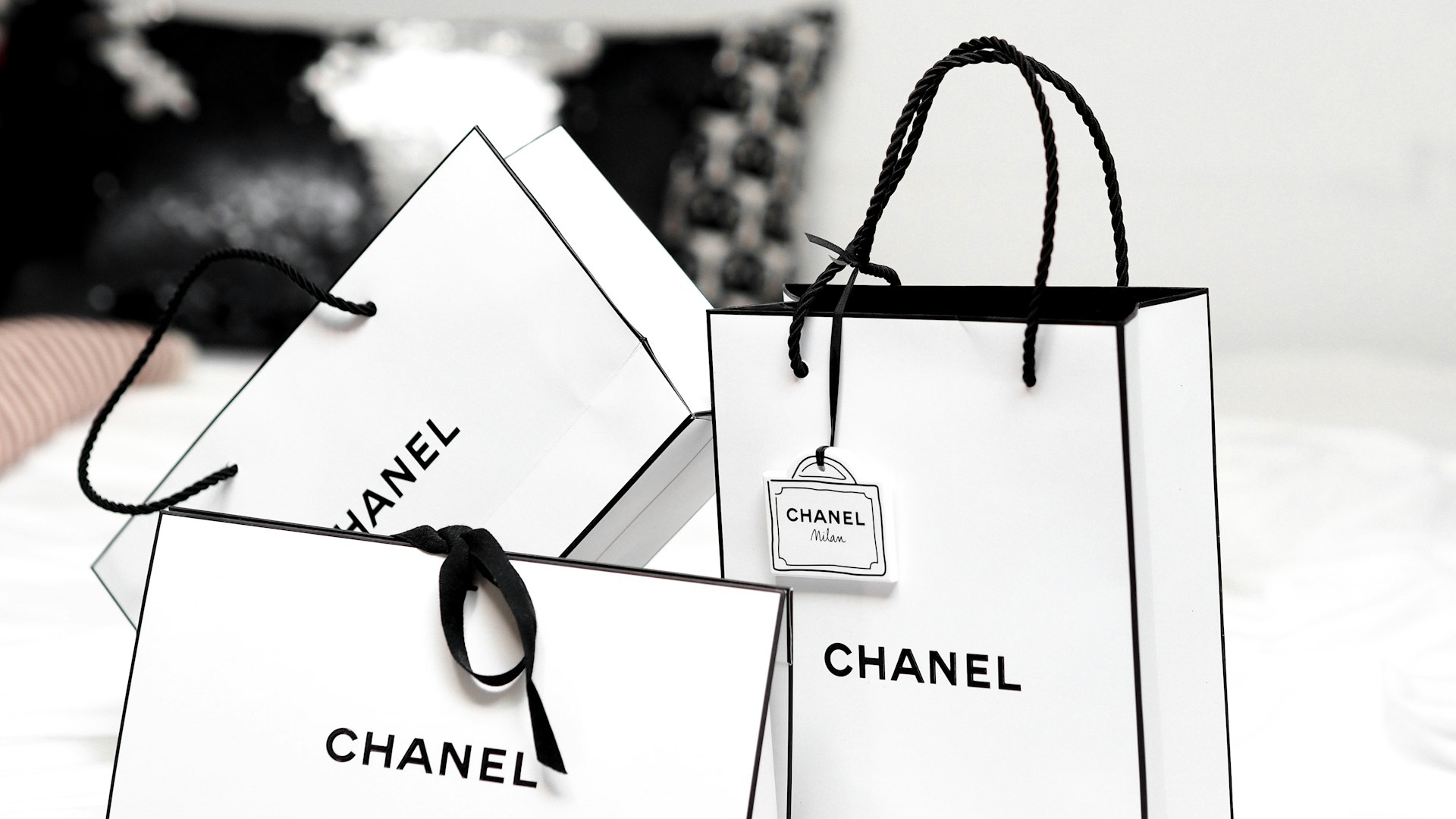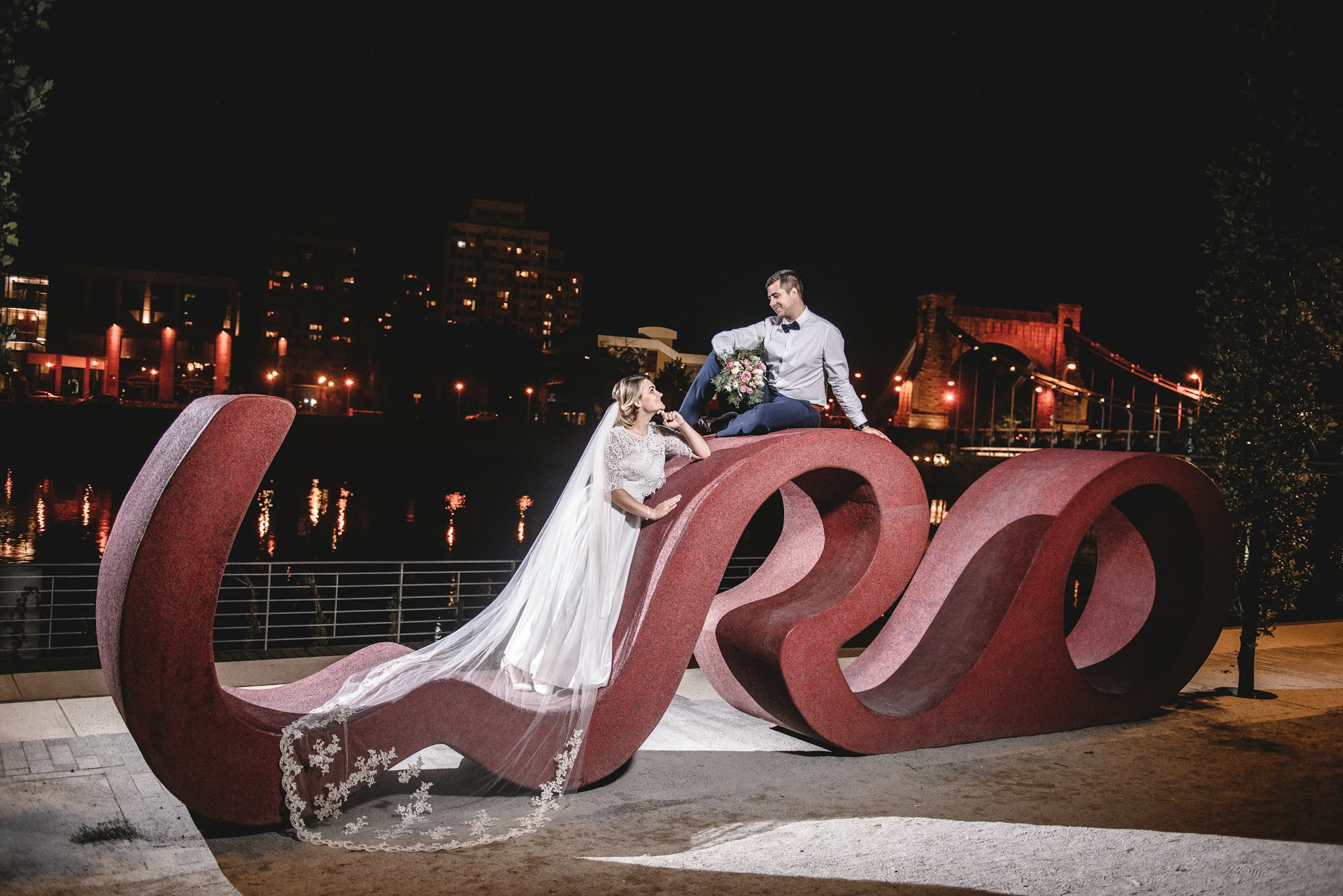Unlocking the Essence of Luxury Lifestyle Brands: What Defines Prestige and Exclusivity?

Photo by Laura Chouette on Unsplash
Understanding Lifestyle Brands: The Foundation of Aspirational Living
A lifestyle brand is more than just a provider of products or services-it embodies a set of values, attitudes, and aspirations that resonate deeply with its target audience. These brands build communities not only around what they sell but also around the way their consumers want to live. Whether it’s health and wellness, adventure, or sophistication, lifestyle brands strive to become an integral part of their customers’ everyday identities, influencing choices and behaviors.

Photo by Laura Chouette on Unsplash
Classic examples of lifestyle brands include Apple, which connects technology with creativity and innovation, and Nike, which channels athleticism and motivation. These companies shape consumer habits and aspirations by offering more than just merchandise: they offer a route to belonging and self-expression.
What Makes a Lifestyle Brand Luxurious?
Turning a lifestyle brand into a luxury brand requires layering on several critical elements that elevate reputation, experience, and perceived value. Luxury lifestyle branding is a discipline that fuses aspiration with tangible touchpoints, building an exclusive universe that appeals only to those seeking the very best [3] .
Key Characteristics of Luxury Lifestyle Brands
- Exclusivity : Luxury brands strictly control access to their products and services, often limiting supply and requiring customers to qualify for membership or purchase. Artificial scarcity is used to maintain desirability and ensure only a select clientele can participate [2] .
- Heritage and Tradition : The most prestigious luxury brands boast rich histories and stories-think Louis Vuitton’s roots in 1854 trunk-making or Hermès’ origins in 1837 as harness makers. This heritage adds depth and authenticity, making every purchase a connection to a storied legacy [1] .
- Craftsmanship and Excellence : Superior materials, masterful techniques, and uncompromising standards set luxury brands apart. For example, Hermès artisans dedicate up to 40 hours to crafting a single Birkin bag by hand, ensuring each product is unique and flawless [3] .
- Emotional Value : Luxury brands offer more than functional utility-they create emotional resonance through storytelling, brand imagery, and curated experiences. Customers aren’t just buying products; they are embracing a lifestyle and a sense of belonging to an elite group [2] .
- Personalized Experiences : Bespoke services and tailored client interactions transform simple transactions into memorable moments. Brands like Le Labo personalize fragrance labels while customers watch, creating lasting stories and relationships [3] .
- Brand Identity and Recognition : Instantly recognizable symbols and visual cues-Chanel’s interlocking Cs, Hermès’ orange, or Tiffany’s blue-reinforce luxury status and create a sense of exclusivity and pride among consumers [3] .
- Sustainability and Ethics : Modern luxury consumers increasingly demand that brands align with ethical and environmental values. Luxury houses now invest in responsible sourcing, vegan alternatives, and transparent manufacturing to stay relevant and desirable [3] .
Practical Steps to Building or Accessing a Luxury Lifestyle Brand
Entering the luxury sector-whether as a brand creator or a consumer-requires a deliberate approach anchored in exclusivity, heritage, and quality. Here’s how you can get started:
For Aspiring Brand Creators
- Define Your Brand’s Core Values and Story : Start by articulating the unique narrative and values that your brand stands for. Research successful luxury brands to understand how their heritage and traditions inform every aspect of their identity. Consider enrolling in specialized programs, such as luxury brand management courses offered by institutions like Glion Institute of Higher Education. You can search for “luxury brand management courses Glion” and review course details directly on their official site [4] .
- Invest in Superior Craftsmanship : Source only the highest quality materials and partner with skilled artisans. Avoid mass production; instead, focus on limited editions or bespoke creations that justify premium pricing and build exclusivity.
- Control Distribution Channels : Restrict your products’ availability to select boutiques or a members-only online portal. Avoid wide retail distribution to maintain scarcity and desirability [1] .
- Curate Brand Experiences : Design every customer interaction to exceed expectations, from exquisite packaging to personalized service. Consider experiential marketing events, private previews, and VIP customer service as ways to foster loyalty and belonging.
- Emphasize Sustainability : Incorporate responsible sourcing, production transparency, and environmental stewardship into your brand’s DNA. This builds trust and aligns with the values of modern luxury consumers.
For Consumers Seeking Luxury Lifestyle Brands
- Research Brand Heritage : Look for brands with authentic stories and proven legacies. The world’s most valuable luxury brands-Louis Vuitton, Chanel, Gucci, Dior, Cartier, Rolex, and Prada-have all cultivated decades or centuries of excellence [2] .
- Seek Out Exclusivity : Luxury brands often sell through select boutiques, authorized retailers, or direct-to-consumer portals. For watches, for example, only authorized Patek Philippe service centers are permitted to sell or service their products, ensuring quality and authenticity [2] .
- Prioritize Craftsmanship : Examine product details-materials, construction techniques, and finishing. Request documentation or provenance certificates when investing in high-value items.
- Engage in Personalized Services : Many luxury brands offer bespoke tailoring, custom fragrances, or personalized gifts. Reach out to brand consultants or boutique staff for guidance on available options.
- Align Purchases with Your Values : If sustainability is important to you, request information on the brand’s ethical sourcing and eco-friendly initiatives. Many prestigious houses now publish sustainability reports on their official websites or provide details in-store.
Challenges and Solutions in Luxury Lifestyle Branding
While luxury lifestyle brands promise exclusivity and prestige, they face unique challenges:
- Maintaining Desirability : Overexposure or mass-market strategies can erode exclusivity. Solution: Limit production runs, carefully select retail partners, and continuously innovate while respecting brand heritage.
- Balancing Tradition and Modernity : Brands must evolve with changing consumer preferences without losing their core identity. Solution: Invest in technology (like AR shopping tools used by Burberry) and sustainable practices while preserving iconic elements.
- Ensuring Authenticity : Counterfeits and imitators threaten luxury brands’ reputations. Solution: Use authentication services, provide provenance documentation, and educate consumers through official channels.
Alternative Approaches to Luxury Lifestyle Branding
Not every brand needs a centuries-old heritage to achieve luxury status. Emerging brands can focus on:
- Innovative Design : Offer groundbreaking aesthetics or technology, like Tesla in the automotive sector.
- Experiential Luxury : Create unforgettable moments rather than just products-think Aman Resorts or exclusive culinary experiences.
- Social Responsibility : Build prestige by leading in sustainability, philanthropy, or social impact.
How to Access Luxury Lifestyle Brand Opportunities
If you’re interested in working in the luxury sector, consider these steps:
- Search for luxury brand management programs at established institutions like Glion Institute of Higher Education, Ecole hôtelière de Lausanne, or Parsons School of Design. These programs offer specialized training in luxury marketing, hospitality, and event management.
- Network with industry professionals through luxury trade shows, brand events, or online communities focused on premium markets. LinkedIn is a useful platform to search for luxury brand professionals and companies.
- Look for job opportunities with luxury hotels, fashion houses, or consultancies that specialize in premium branding. Visit their official websites directly and apply through their careers portals or contact their HR departments.
- Stay informed on industry trends by following reputable publications such as Business of Fashion, Vogue Business, and Luxury Daily. These outlets frequently publish insights on market developments, consumer preferences, and brand strategies.
Key Takeaways
A lifestyle brand becomes luxurious by mastering exclusivity, heritage, craftsmanship, and emotional connection. Whether you are a brand builder or a discerning consumer, the path to luxury is paved with attention to detail, integrity, and a commitment to creating extraordinary experiences. For actionable steps, always seek direct contact with official brand representatives, consult verified educational programs, and prioritize authenticity and quality above all else.
References
- [1] Marketing With Thang (2023). What is a luxury brand? Unique characteristics of luxury marketing.
- [2] Biesalski & Company (2024). Luxury Brand – Definition & Key Characteristics.
- [3] Evergreen Results (2025). Luxury Lifestyle Branding: 7 Powerful Secrets For 2025 Success.
- [4] Glion Institute of Higher Education (2024). What makes a brand luxury?
MORE FROM mumsearch.com













